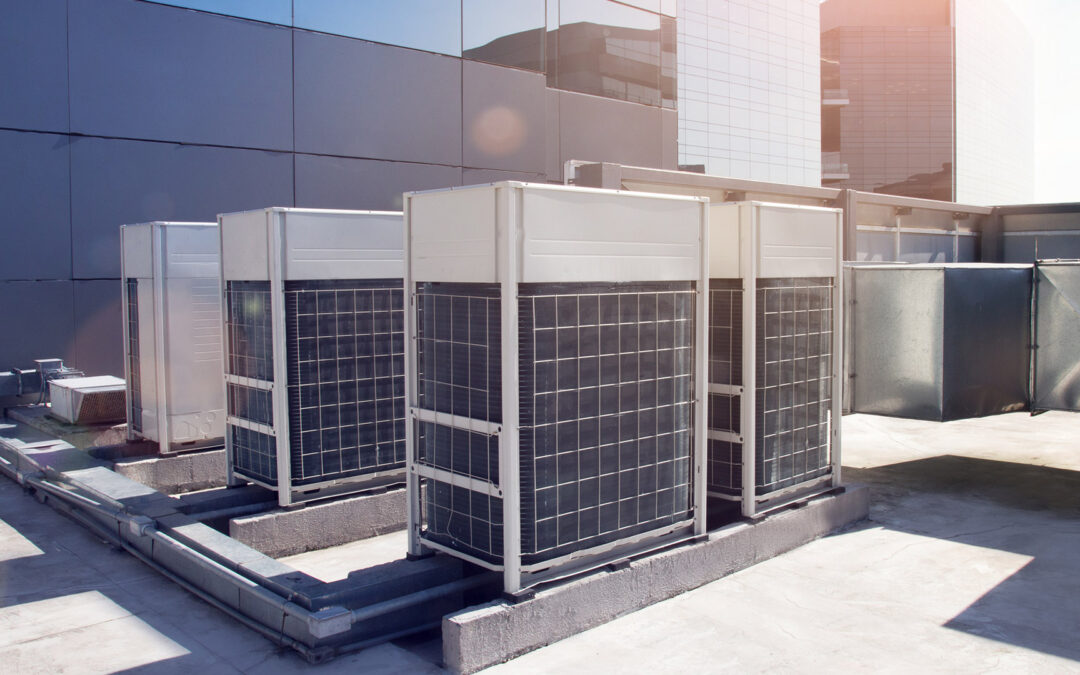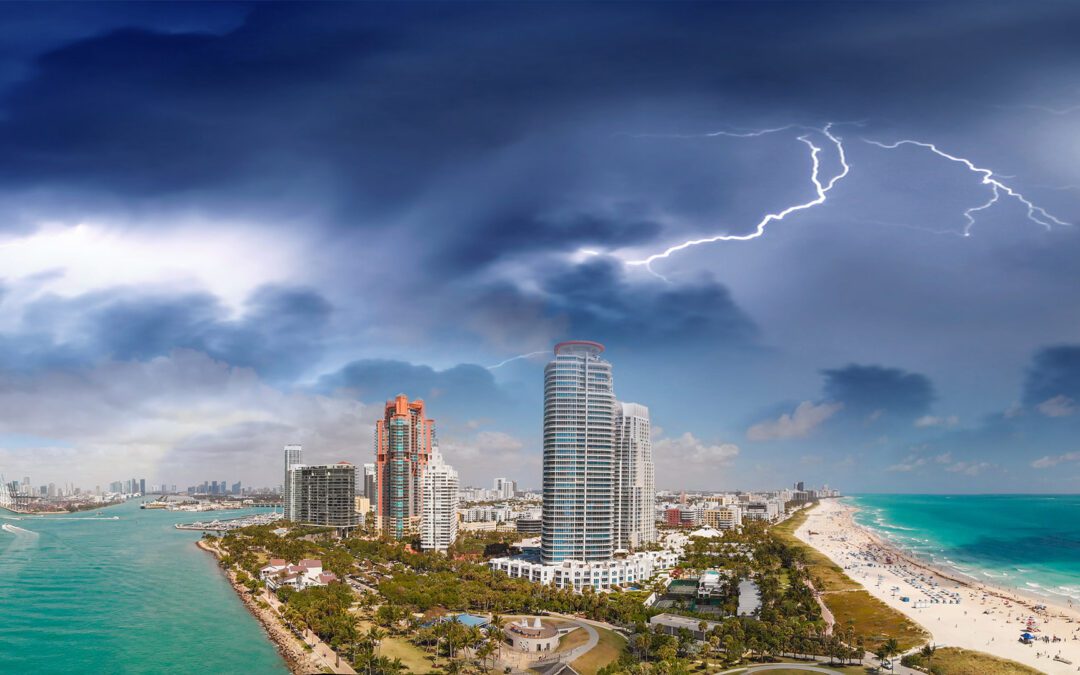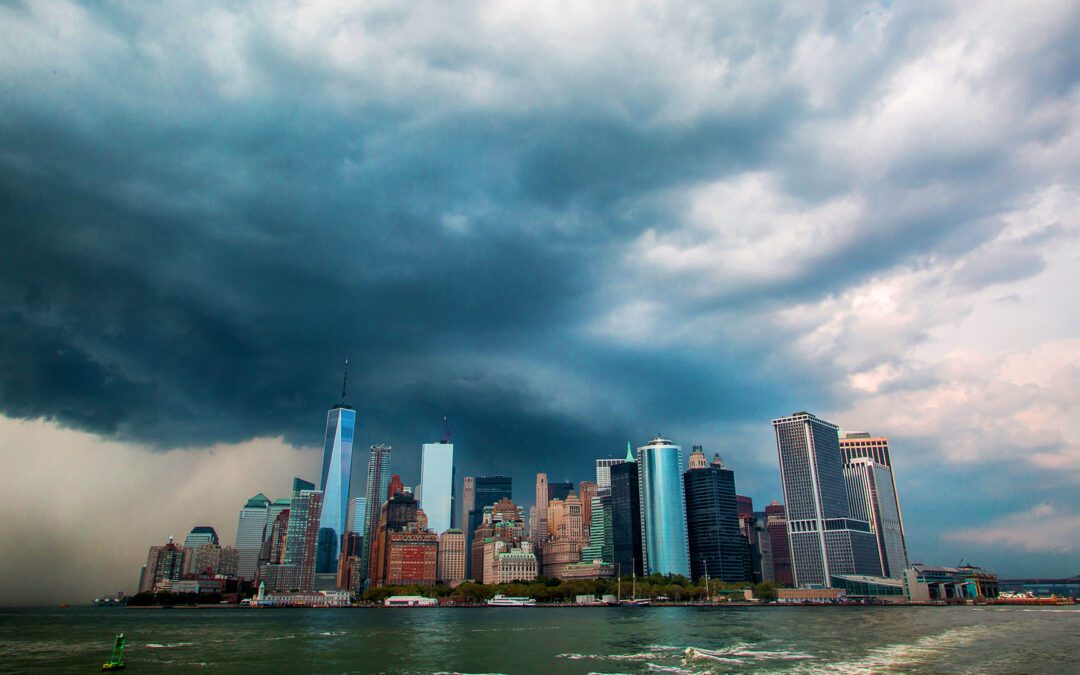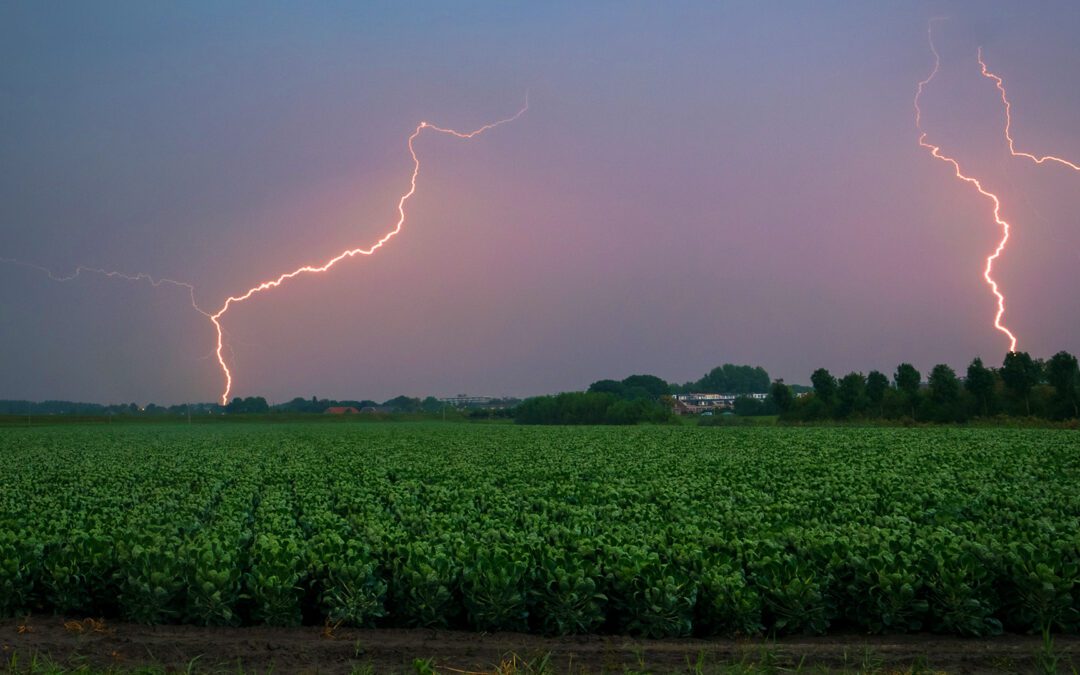Hurricane Ian claimed the #1 spot for the world’s costliest natural disaster last year, and positioned 2022 as the third most expensive hurricane season on record (behind 2005 and 2017). All told, the storm tallied up around $100 billion in losses, with private insurers on the hook for roughly $60 billion of that amount.
The 2023 hurricane season officially began June 1 and will run until November 30. Experts are hopeful that this hurricane season will offer somewhat of a reprieve from recent years. According to the National Oceanic and Atmospheric Administration (NOAA), we’re expected to see a less active hurricane season, with a 40% chance of a near-normal season, a 30% chance of an above-normal season, and a 30% chance of a below-normal season.

(Image credit: NOAA)
Even though we may see reduced hurricane activity this year, it’s still important to be proactive and prepare in advance. In NOAA’s 2023 prediction report, FEMA Administrator Deanne Criswell comments, “As we saw with Hurricane Ian, it only takes one hurricane to cause widespread devastation and upend lives.”
Are You Prepared for the 2023 Hurricane Season?
Though there are no storms currently on the horizon, here are six hurricane preparedness tips to help you get ready.
- Understand Your Location’s Risk Level. Make sure you fully understand the potential for storm surges, floods, and wind risks in your area so you can better prepare for these hazards. FEMA provides a simple tool to determine whether your address is a flood risk. Each state also offers resources to help you determine whether you live in an evacuation zone. Florida, for instance, provides a Know Your Zone map, which residents can search by address.
- Create a Disaster Plan. Prepare yourself and your family for what you’ll do in the event of a hurricane. If you’re able to weather the storm at home, you’ll need a “shelter room” — a space on the ground floor, ideally with no windows. If your area needs to suddenly evacuate, it’s important that everyone in your household or family knows what to do and where to go during an emergency. Ready.gov offers an easy-to-use online form with helpful prompts, so you can capture important information (contact details, medical notes, emergency meeting places, etc.) and share with family members or friends via email.
- Assemble Your Emergency Supplies. No matter the time of year, it’s wise to have a “go-bag” for each member of your family, which includes emergency items that will last at least 72 hours. If you’ve gathered emergency supplies in the past, now is a great time to assess them, check expiration dates, and refresh or replenish items as needed. Don’t forget things like flashlights, extra batteries, portable chargers, phone charging cables, a radio, bottled water, blankets, clothing, toiletries, and cash. Visit Ready.gov for a more complete list, keeping in mind your specific household needs. For instance, do you have small children who’ll need diapers and formula? Individuals who need medications? And don’t forget supplies for your pets!
- Prepare Your Property. If you haven’t recently done a walk-through to assess the condition of your property, don’t delay. At minimum, keeping your building up to code provides a baseline level of safety and protection. (FEMA provides guidance on the building codes in your area based on your zipcode.) Beyond that, consider how well your property will fare in a storm. Are exterior doors built to withstand heavy wind and rain? Are your garage doors approved for both wind pressure and impact protection? Are your gutters, downspouts, and window wells clear of debris and draining properly? Are there trees near your property that need to be trimmed or removed? Do you have access to storm shutters or other window or door reinforcements in the event of a storm?
- Safeguard Important Documents. Collect and store physical and digital copies of important documents like birth certificates, passports, marriage licenses, insurance policy information, and financial documents. Keep physical copies in a waterproof and fireproof safe or box, and ensure that digital copies are stored securely (either on a password-protected physical drive or a secure cloud-based service). Not sure what documents or information you should gather? Start with FEMA’s comprehensive checklist, which includes categories for household identification, financial and legal documents, medical info, emergency contact information, and valuables.
- Document and Insure Your Property and Belongings. If you haven’t already, it’s the perfect time to review your insurance policies and take inventory of your property and belongings. An up-to-date inventory with pictures or video can speed up the insurance claims process should anything get destroyed or damaged. If you’re a collector, make sure you have a complete list of the items in your collection, as well as notes about the current condition of the collectables. Keep all of your important insurance information safely stored with your other important documents (see #5!), and make sure you can easily find policy numbers, contact information for your insurance broker, and instructions for filing claims.
Want additional preparedness tips? Both the NOAA and The Department of Homeland Security’s Ready.gov websites offer a number of helpful resources.
As your wholesale insurance partner, Jencap’s team of specialists will work alongside you and your clients to prepare for whatever lies ahead. Contact us today to learn more.















































